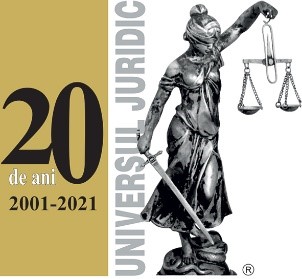Cele cinci stigmate ale ipotecii. Ipoteca la 10 ani de Cod civil
rizoiu.radu[at]drept.unibuc.ro
Cuvinte cheie:
security interest, formalism, accessoryRezumat
In the decade passed since its enactment, the Romanian Civil Code made a radical shift in the area of security interests. This paper looks at these recent legislative changes as well as analyzing the general opinions of the highest courts, i.e. the Romanian Constitutional Court and the Romanian High Court. The analysis focuses on five directions where changes in the legislation or landmark opinions of the relevant courts brought significant insights.
As to the form of the security agreement, the general view is that the legislator is continuing trying to push for (more) formalism while the courts are heading in the opposite direction. The nature of the security interest was transformed when first the law and then the case law noticed that the (accessory) link between the security interest and the secured claim is no longer so strong as previously thought. The security interest broke free from its underlying receivable. The essence of the security interest (i.e. a security device) allowed for the general rules applying to regular security interests to be extended for statutory liens like tax and criminal seizure of assets. This type of court orders became mere species of security interests.
The evolutions marked by the case law of the European Court of Justice in the area of unfair terms triggered a change of optics for the consumer protection law. After the Luxembourg court decided that a security agreement could be scrutinized apart of its main credit agreement, Romanian courts struggled with the local experiment of datio in solutum neccessaria. On a different topic, in what the bankruptcy of corporations is concerned, the legal treatment of security interests had an equally remarkable change.
Keywords: security interest; formalism; accessory.
Publicat
Versiuni
- 21-04-2023 (2)
- 13-09-2022 (1)









